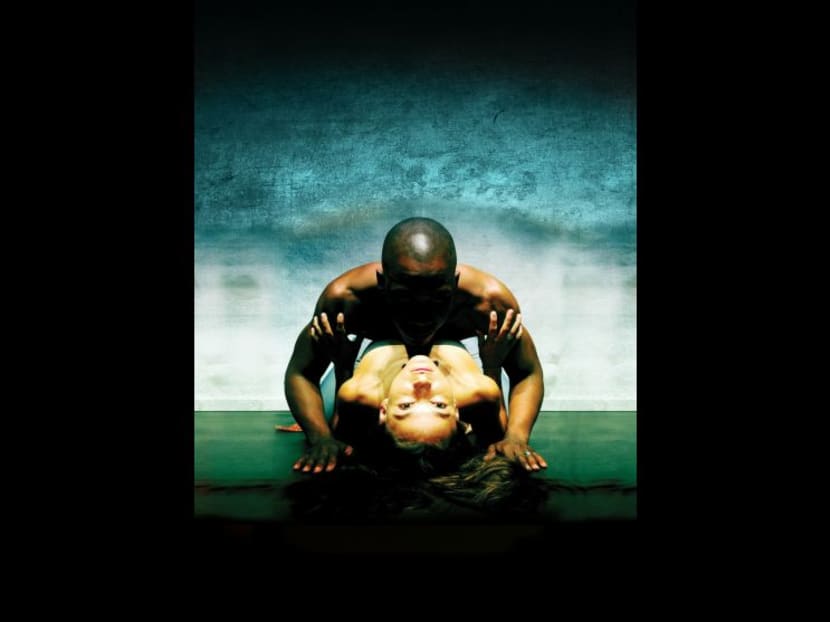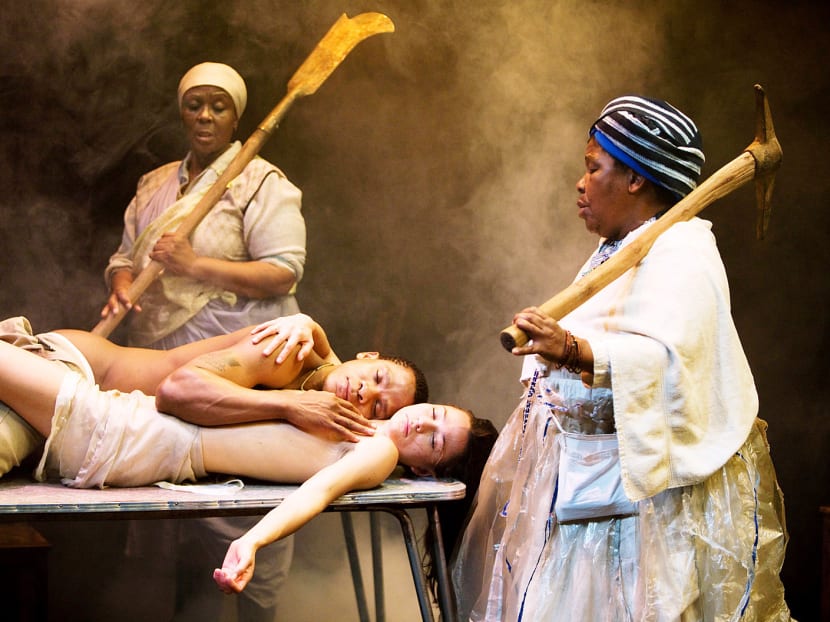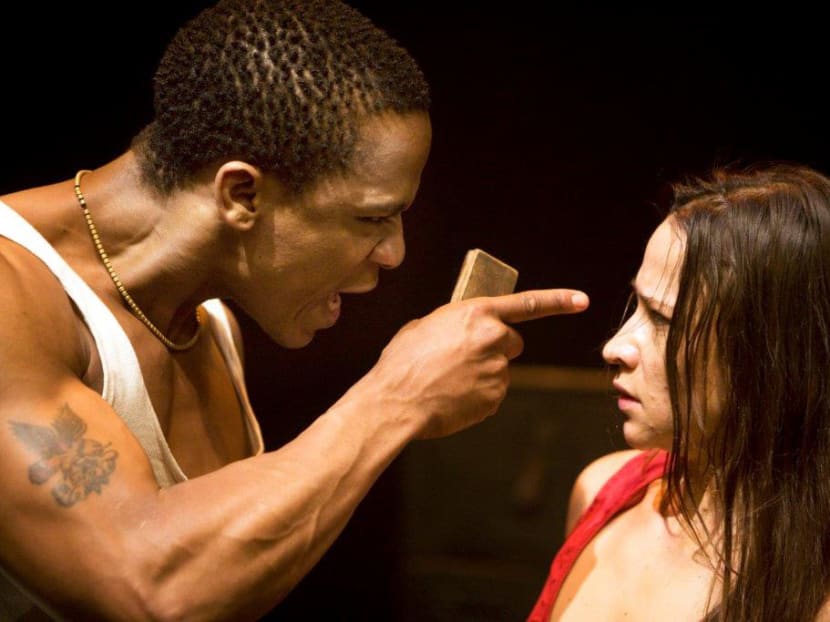Class and gender issues clash with race in Mies Julie
SINGAPORE — South Africa is taking centrestage in Singapore next week.



SINGAPORE — South Africa is taking centrestage in Singapore next week.
Along with acclaimed choreographer Mamela Nyamza’s highly charged double-bill, I Stand Corrected and Hatched at the Singapore International Festival Of Arts — which tackle issues on gender, identity and violence in the African country — is Singapore Repertory Theatre’s Mies Julie.
First written in 1888, it’s an adaptation of the acclaimed August Strindberg play, Miss Julie. This time, writer-director Yael Farber has transformed it into a play that speaks and reflects closely the South African conditions in the post-apartheid era.
It tells the story of Julie, the white daughter of a farmer, and the complex relationship she develops with the family’s black servant John, whom she sleeps with. In transplanting it to the still-volatile situation in South Africa, Farber adds the issue of race into the original’s already tense power-play situation revolving around gender and class.
“The original text of Strindberg explores the social boundaries of a given society being crossed and redefined between a servant and the aristocratic daughter of a landowner in turn-of-the-century Europe,” said Farber, who grew up in Johannesburg.
“I saw in this the possibility to explore the myriad issues boiling under the surface of South African contemporary society — unleashed by the sexual relationship between a farm worker and the daughter of the farmer. The issues of land ownership, colonisation and occupation could be explored in this way.”
All these issues are deeply intertwined today, Farber shared, adding that the effects of apartheid — the traumatic government policy of racial segregation from 1948 to 1994 — won’t go away any time soon.
“The legislature of apartheid confined 80 per cent of South Africa’s population to 13 per cent of the land, with no rights to own land outside of this bleak percentage. The possibility to rise above these circumstances was utterly impossible. The remnants of this social structure will take generations to change,” she said.
Mies Julie has received rave reviews in New York, Perth and Edinburgh. But its debut in 2012, in Cape Town’s Baxter Theatre Centre, was perhaps the most important one. “The audience responses in South Africa were exceptional. People felt very confronted by the piece — or very represented,” she said.
The Strinberg adaptation is not the first nor last piece in which Farber has tapped into the universal themes of classics to bring up contemporary issues. She has taken on the Ramayana, Oresteia and Sophocles’ plays and placed them in modern settings. She’s also working on adapting King Lear in a Middle Eastern context; and has written plays based on real-life incidents, including Nirbhaya, a play created in response to the violent gang rape and death of the Delhi medical student in 2012.
Said Farber: “The role of the artist in an emerging and healing society is fundamental. It is through the arts that we can come to terms with our past — and envisage our future.”MAYO MARTIN
Mies Julie runs from Aug 27 to Sept 13, 8pm, DBS Arts Centre — Home Of SRT. Tickets from S$50 to S$70 at SISTIC. R18 (Some sexual content and nudity)







